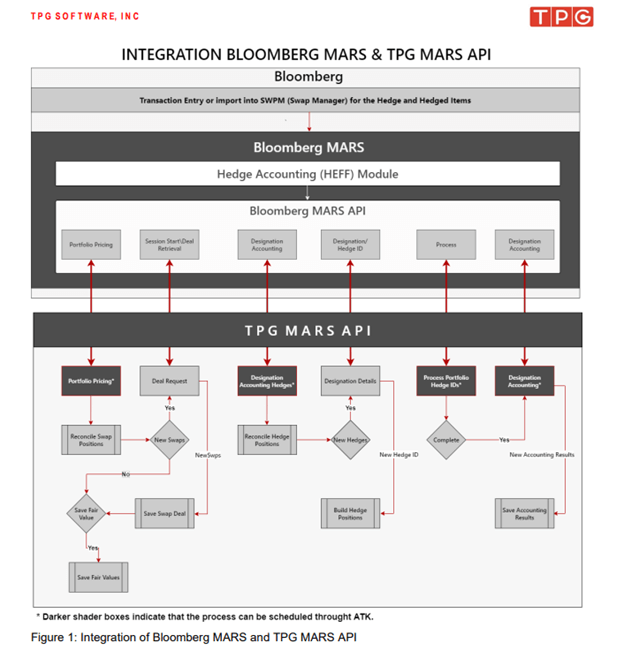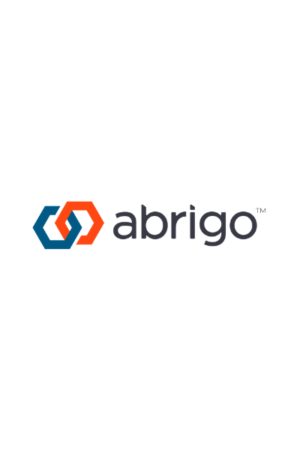Where ledger accounting & hedge accounting meet
Accounting departments are one example of a team that stands to benefit a lot from this new approach from vendors.
Ledger and portfolio accounting software vendors are often asked if they do valuations, hedge accounting, and scenario analysis. They don’t. These activities are traditionally the wheelhouse of a risk system for the derivative calculations, which, by their very nature, require vast amounts of market data. Similarly, vendors offering risk management systems are often asked if they can cross over into the ledger accounting world and populate balance sheet entries. They don’t.
For example, bank treasuries in U.S. regional and community banks and credit unions asked their ledger accounting vendor TPG Software how to streamline their derivatives, hedge accounting, and derivative reporting workflow. Specifically, they needed to log all hedge accounting-related journal entries such as other comprehensive income (OCI), interest accruals, periodic movement, credit-adjusted numbers, scenario numbers, and daily valuations. They also needed the ability to schedule process reports.
TPG, now part of Abrigo, and Bloomberg collaborated on a solution. By developing an integrated hedge accounting workflow across their systems (Figure 1 below), TPG’s banking clients who were also enabled for Bloomberg’s Hedge Accounting module could now take advantage of new streamlined and time-saving processes without any IT investment of their own.
“TPG has been a highly regarded sub-ledger accounting solution for a long time," said Cory Sokoloski, Vice President of Sales at Abrigo and a heritage TPG employee. "We have never ventured too far out of our lane with respect to analytics and calculating fair values. When we were introduced to Bloomberg MARS, and its capabilities, we quickly recognized that it was an excellent match of complementary solutions.”







